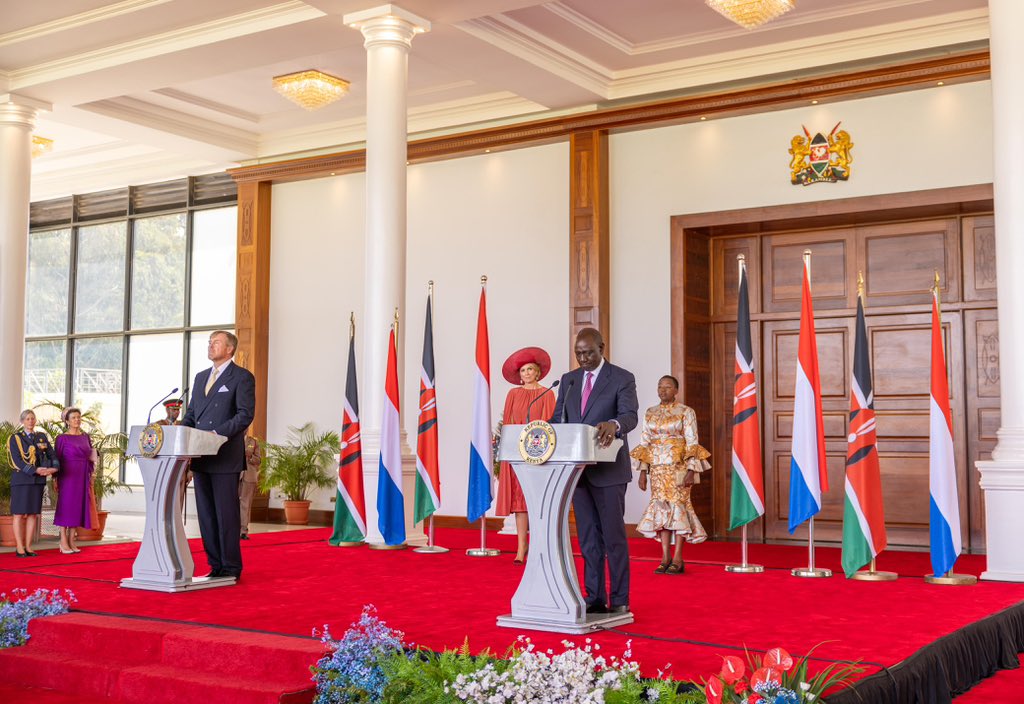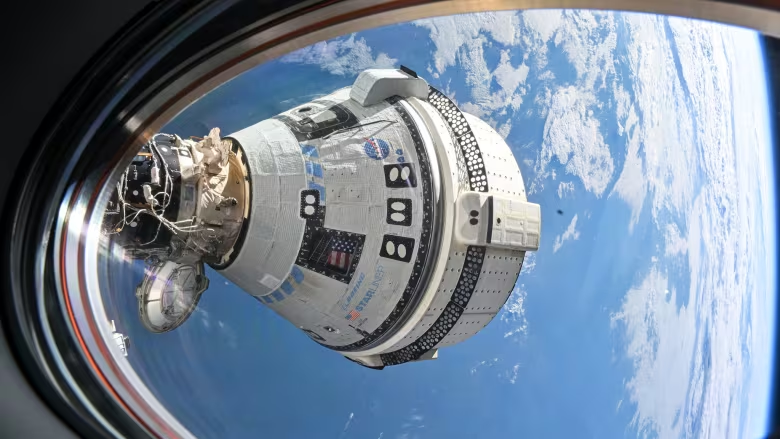The agreement, signed in Abu Dhabi in the presence of President William Ruto and UAE President Sheikh Mohamed bin Zayed Al Nahyan, marks the UAE’s first CEPA with a mainland African country. This historic pact strengthens Kenya’s position as a gateway to East and Southern Africa while solidifying the UAE’s role as a global logistics and financial hub
Kenya is set to expand its trade with the United Arab Emirates (UAE) following the signing of a Comprehensive Economic Partnership Agreement (CEPA) on Tuesday.
Trade between the two nations has flourished, doubling over the past decade to reach Ksh. 445 billion in 2023. The UAE ranks as Kenya’s sixth-largest export destination and second-largest source of imports, contributing 16% of Kenya’s total imports.
Kenya’s primary exports to the UAE include agricultural products like meat, valued at Ksh. 9.9 billion in 2023, accounting for over half of the country’s total meat exports. Fruits such as pineapples, avocados, and mangoes generated Ksh. 5.2 billion, while vegetables and flowers contributed an additional Ksh. 5.6 billion. In return, the UAE supplies Kenya with essential imports, including petroleum, machinery, and chemicals.
The agreement, signed in Abu Dhabi in the presence of President William Ruto and UAE President Sheikh Mohamed bin Zayed Al Nahyan, marks the UAE’s first CEPA with a mainland African country. This historic pact strengthens Kenya’s position as a gateway to East and Southern Africa while solidifying the UAE’s role as a global logistics and financial hub.
The CEPA aims to enhance bilateral trade by eliminating trade barriers, streamlining customs processes, and promoting regional industrialization and value chains. It also addresses sectors beyond traditional trade, including technological innovation, digital commerce, sustainability, and services. Kenyan professionals in education, transport, construction, and engineering are poised to benefit from improved market access in the UAE.
According to Kenya’s Ministry of Foreign and Diaspora Affairs, the CEPA aligns with the Bottom-Up Economic Transformation Agenda (BETA) by unlocking markets for priority value chains, attracting foreign investment, and fostering technology transfer. The agreement also emphasizes sustainable economic growth through clean technologies and environmentally responsible practices.
Kenya’s trade strategy continues to expand, with partnerships like the Kenya-EU Economic Partnership Agreement, Kenya-UK Economic Partnership Agreement, the African Continental Free Trade Area (AfCFTA), and AGOA with the United States. Together, these agreements provide duty-free, quota-free access to markets representing nearly half of the world’s GDP.
The CEPA opens investment opportunities for the UAE in Kenyan sectors such as energy, agriculture, health, logistics, and ICT. This supports Kenya’s focus on reducing borrowing while increasing foreign direct investment (FDI) and public-private partnerships (PPPs).
The Kenya-UAE CEPA is expected to enhance economic relations, create jobs, and contribute to the sustainable transformation of both nations, signalling Kenya’s readiness to play a more prominent role on the global trade stage.





